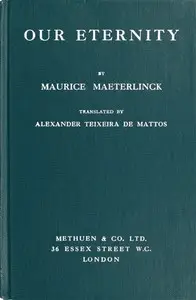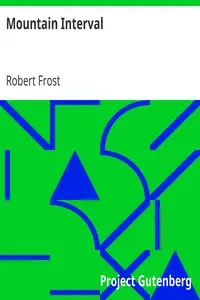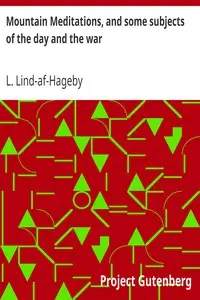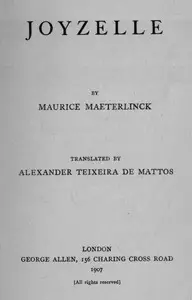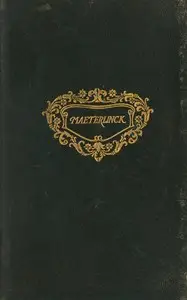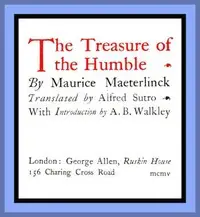"Mountain Paths" by Maurice Maeterlinck is a set of writings that thinks deeply about what it means to be alive, what happens when we die, and how our spirits live on. It talks a lot about how memories stick with us and how people who have died still affect our lives and communities, saying that it’s our job to remember them. Right from the start, the book talks about how the dead are still around us, influencing what we think and hope for. Maeterlinck uses stories to show how the dead are still a big part of our lives and how our spirits are connected to theirs. He wants us to understand death better, encouraging us to remember the good things about people who have died and questioning how we usually think about death and how the living and dead are still connected.
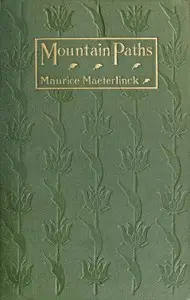
Mountain Paths
By Maurice Maeterlinck
Explore a world where the echoes of the departed shape the present, challenging our understanding of life, death, and the enduring power of memory.
Summary
About the AuthorMaurice Polydore Marie Bernard Maeterlinck, also known as Count/Comte Maeterlinck from 1932, was a Belgian playwright, poet, and essayist who was Flemish but wrote in French. He was awarded the Nobel Prize in Literature in 1911 "in appreciation of his many-sided literary activities, and especially of his dramatic works, which are distinguished by a wealth of imagination and by a poetic fancy, which reveals, sometimes in the guise of a fairy tale, a deep inspiration, while in a mysterious way they appeal to the readers' own feelings and stimulate their imaginations". The main themes in his work are death and the meaning of life. He was a leading member of La Jeune Belgique group, and his plays form an important part of the Symbolist movement. In later life, Maeterlinck faced credible accusations of plagiarism.
Maurice Polydore Marie Bernard Maeterlinck, also known as Count/Comte Maeterlinck from 1932, was a Belgian playwright, poet, and essayist who was Flemish but wrote in French. He was awarded the Nobel Prize in Literature in 1911 "in appreciation of his many-sided literary activities, and especially of his dramatic works, which are distinguished by a wealth of imagination and by a poetic fancy, which reveals, sometimes in the guise of a fairy tale, a deep inspiration, while in a mysterious way they appeal to the readers' own feelings and stimulate their imaginations". The main themes in his work are death and the meaning of life. He was a leading member of La Jeune Belgique group, and his plays form an important part of the Symbolist movement. In later life, Maeterlinck faced credible accusations of plagiarism.

